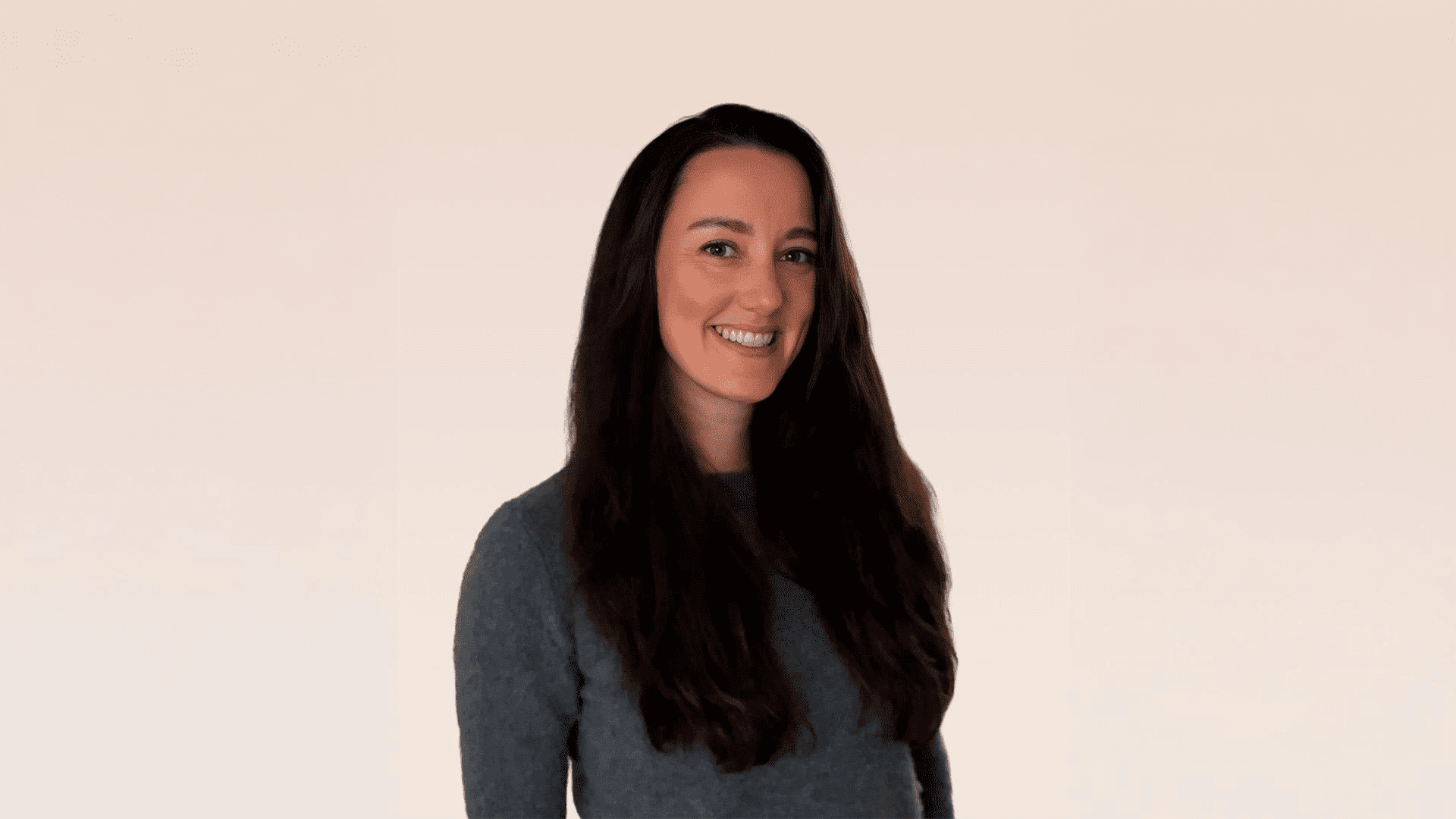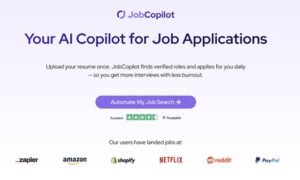Global readiness comes from choosing the right first market, aligning teams around clear priorities, and learning fast instead of chasing perfection. True mentors balance technological ambition with human insight to guide sustainable, culturally aware expansion. Ask Francesca Devrient, Chief Product Officer and founder of Devrient Advisory, who has spent more than two decades guiding organizations through product reinvention, AI adoption, and large scale operational transformation.
Her experience spans more than 50 countries and includes leadership roles at Booking.com, Red Hat, BMW and the BBC, shaping companies from Amsterdam to Raleigh through periods of rapid change. “I take the time to understand the drivers behind the founders, what they want to achieve and what their initial vision was. That shifts as they go to market and learn, but understanding what motivates them helps me guide their next steps,” says Devrient, whose coaching style is shaped by witnessing the patterns that cause promising companies to stall. Some are strategic missteps. Some are execution challenges. Many are avoidable.
Start with Focus, Not Frenzy
One of Devrient’s core observations is that early stage companies often try to do everything at once, especially when global expansion comes into view. It is an instinct she redirects quickly. “Scale-ups try to do everything instead of focusing on the core priorities,” she says. “Making sure you know which market you are going to first, and why, is absolutely critical.” She encourages leaders to define their first landing market with precision, aligned to customer needs, competitive dynamics and realistic operational readiness.
“You have to be comfortable with launching at 70%. If you wait for 100%, you waited too long and you’ve missed the moment,” she explains. That early customer usage becomes a source of truth that guides product adaptation rather than forcing expensive retrofitting later.
“Do you have the right people? Do they know what’s needed? Are they all rowing in the same direction?” she asks, driving home a core belief that alignment creates acceleration, while overreach slows companies down.
Build Decisions on Transparency and Learning Loops
As companies expand into multiple geographies, misalignment can spread quickly. Devrient sees this often in teams where decisions made at headquarters fail to reach local markets. “Local teams are usually the last to find out what’s changing,” she says. “You need transparency around decisions and priorities so teams across regions can trust and move with you.”
Her decision making architecture centers on setting a small number of shared priorities that travel across the organization. Every decision, she says, should map back to those priorities. When they change, the update must cascade clearly.
She also encourages early stage companies to create learning loops that evaluate new markets using consistent criteria. These loops include customer behavior data, product performance feedback, operational feasibility and cultural considerations. “Being able to understand how customers interact with your product in different markets is super important,” she adds.
Advisors and Consultants Must Protect the Human Side of AI Adoption
With AI reshaping product cycles, market analysis and customer behavior, Devrient believes the advisor’s role is shifting in important ways. But the shift does not mean becoming more robotic. In fact, it requires the opposite.
“With AI coming in, it’s easy for businesses to become transactional and lose the human side,” she says. “An advisor has to bring that back. AI is only as good as the information you put in. The creativity still comes from humans.”
She sees advisors evolving into “capability architects” who help companies integrate AI responsibly, challenge their blind spots, and maintain ethical scaling practices. However, the advisor’s timeless responsibility remains unchanged: cutting through complexity. “Leaders get stuck in detail and legacy. An advisor needs to lift them above that and create clarity about how to get to the end goal,” she says.
Global Expansion Requires Cultural Intelligence, Not Just Ambition
Many early stage companies underestimate the cultural and operational differences that shape how products succeed across borders. Devrient points to the contrasts between regions such as Europe and South America as an example. “It’s not just language. It’s cultural, legal, financial and trust related,” she says. Her guidance is to avoid reinventing the wheel when expanding into complex markets. Instead, companies should benchmark others who have entered those markets successfully and adapt what makes sense.
“Don’t overcomplicate yourself in your growth aspirations,” she says. “Choose what you do uniquely and where you leverage existing structures. Doing everything yourself can be extremely expensive and challenging.”
Connect with Francesca Devrient on LinkedIn or visit her website to learn more about her work with tech startups.



































